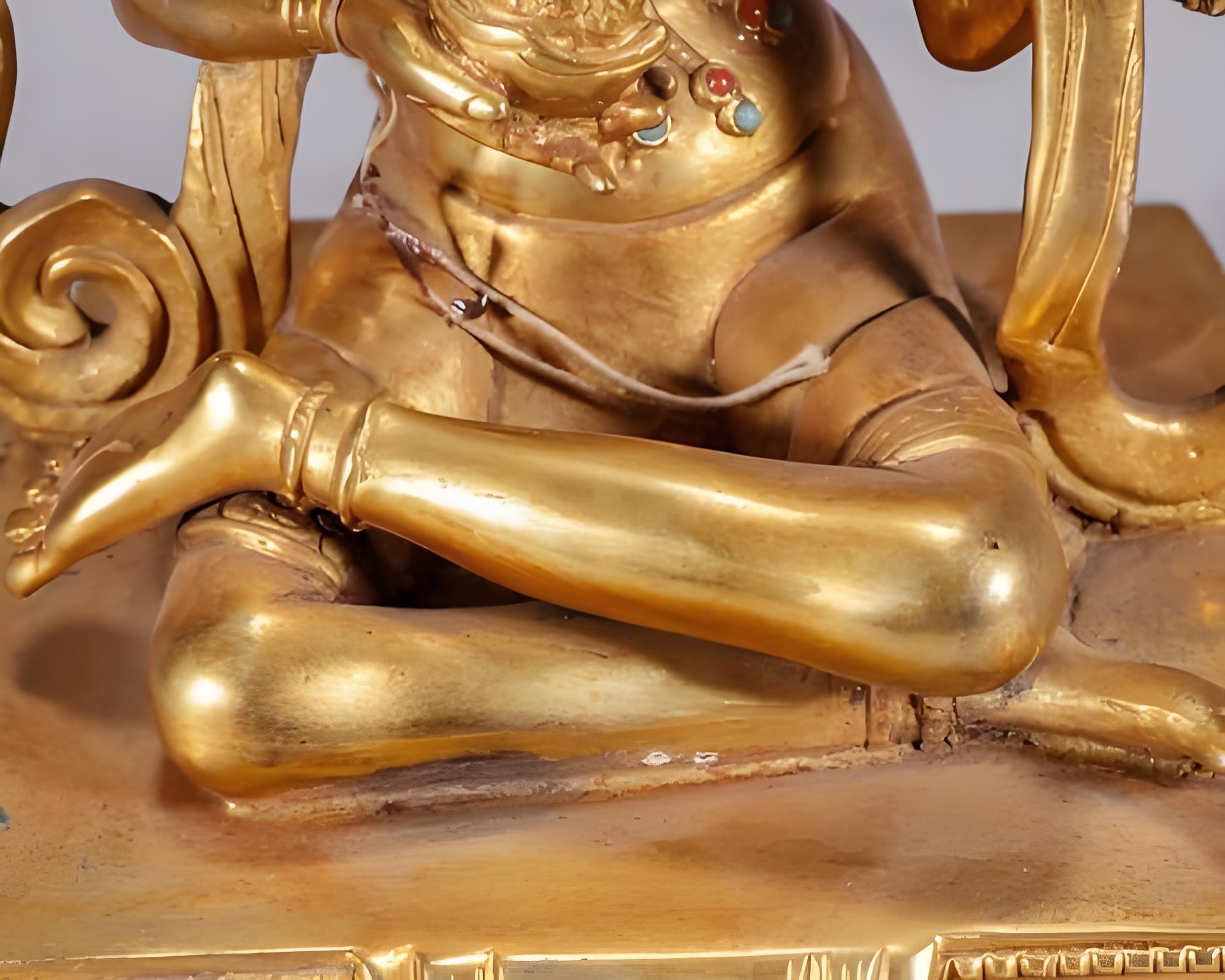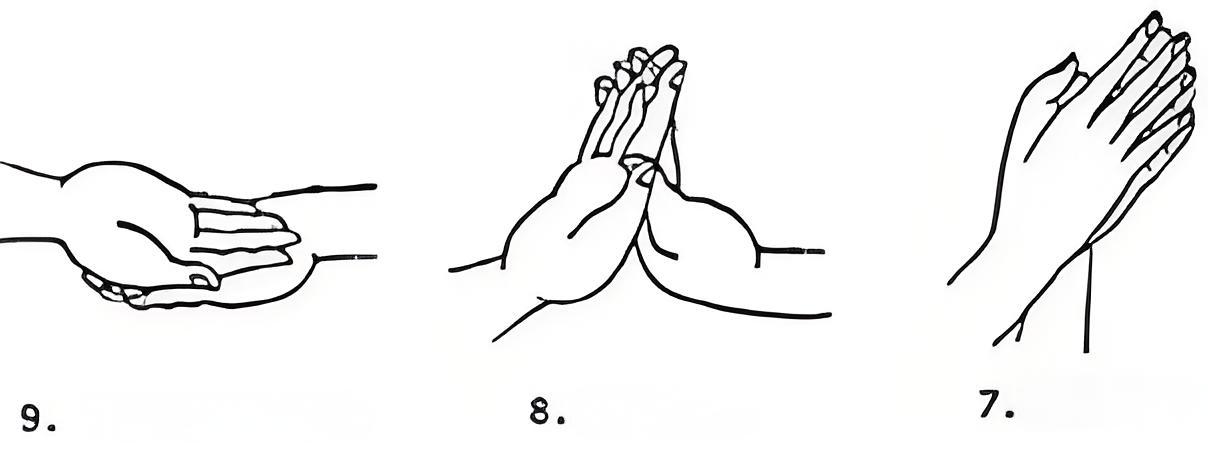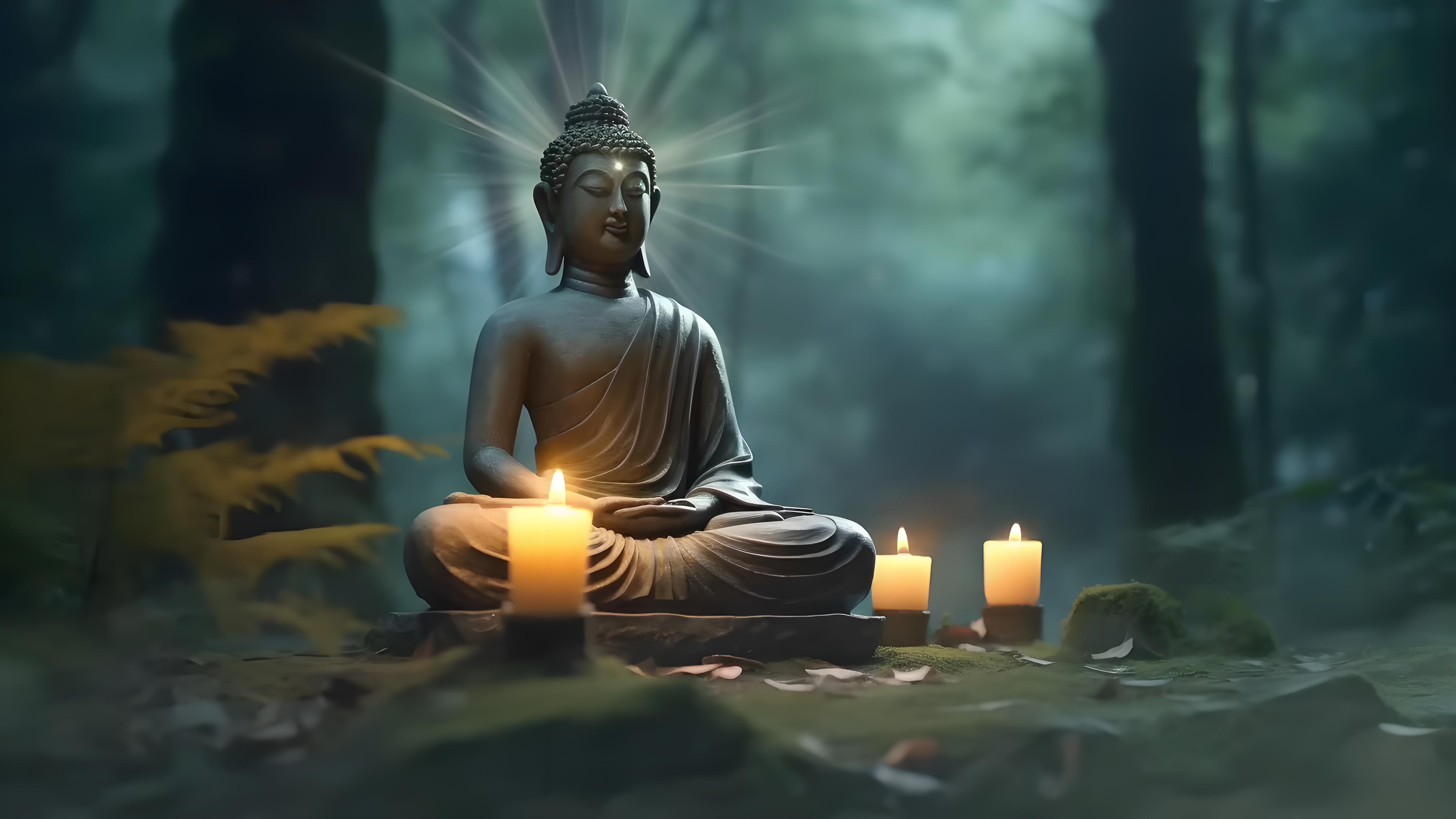type
status
date
slug
summary
tags
category
icon
password
AI summary
Buddhism, a philosophy and religion originating in ancient India, is profoundly concerned with the nature of existence and suffering. Central to Buddhist teachings is the concept of karma. Moreover, karma is not simply about fate or predestination. Rather, it's an active process. It explains how our actions, thoughts, and intentions have consequences. These consequences shape our present and future experiences. Therefore, understanding karma is essential to understanding Buddhism. Also, it is vital for navigating the path toward enlightenment. This concept encourages mindful living. It promotes responsibility for one's actions.

What is Karma in Buddhism?
The question “what is karma in Buddhism” is often the first point of curiosity. In essence, karma translates to "action" or "deed." Furthermore, it refers to the universal law of cause and effect. This law dictates that every action, whether physical, verbal, or mental, creates a corresponding reaction. This reaction may not be immediate, but it will inevitably manifest. Consequently, the nature of this reaction is determined by the intention and quality of the action. Thus, positive actions, motivated by compassion and wisdom, generate positive results. On the other hand, negative actions, rooted in greed, hatred, and ignorance, result in suffering.
Karma Buddhism Meaning: More Than Just Action
Now, let's delve deeper into the "karma buddhism meaning." The concept of karma is often simplified. However, it is far more intricate than a simple rewards and punishment system. It's not about a divine judge or external force dispensing justice. Rather, karma functions as a natural law. It operates within the fabric of existence. For example, just as planting a seed will inevitably result in a plant, actions produce results. Therefore, karma emphasizes personal responsibility. It shows how individuals hold the power to shape their experiences. It also encourages mindful choices, which lead to positive outcomes.
The Mechanics of Karma
Furthermore, understanding how karma functions is crucial. Buddhist teachings often explain karma in the context of rebirth. This means that the karmic effects of actions do not always materialize in a single lifetime. Instead, they can influence future lives. This continuous cycle of action and reaction drives the cycle of samsara, the endless cycle of birth, death, and rebirth. Moreover, the quality of karma accumulated in one life will determine the conditions of the next rebirth. This includes the environment, family, and experiences. Thus, the emphasis is on creating positive karma to break free from the cycle of suffering.
Intentions and Karma
Importantly, the intention behind an action is a key factor in determining its karmic effect. For example, performing a kind act with a selfish motive may still generate positive karma. However, it will not be as potent as an act motivated purely by compassion. Similarly, an unintentional act that causes harm will generate negative karma. Though, it will not be as severe as an act committed with malicious intent. Therefore, cultivating mindfulness of our thoughts, words, and actions is essential to create positive karmic imprints. Consequently, this leads to a more fulfilling life.

Types of Karma
Moreover, there are different types of karma described in Buddhist teachings. Individual karma refers to actions and their effects on a single person. Collective karma relates to the actions and effects experienced by a group of people or society. Furthermore, karmic seeds refer to the potential for future results carried by our actions. These seeds can lie dormant, awaiting favorable conditions to manifest. Understanding these various aspects of karma can provide a richer understanding of how our lives unfold. Also, it gives us the power to make more conscious choices.
Karma and Free Will
Though, a common question arises when discussing karma: how does it relate to free will? Buddhism does not deny the existence of free will. Rather, it posits that free will exists within the context of karma. While past actions influence present circumstances, individuals have the freedom to choose how they react to and act within those circumstances. Also, we can create new karmic imprints through our choices. Therefore, karma is not a fixed destiny, but a process. Also, it is a dynamic system constantly evolving based on our choices.
Breaking the Cycle of Negative Karma
The idea is not to become paralyzed by past negative karma. Instead, Buddhism emphasizes the potential for transformation. One can weaken the effects of negative karma. This is done by engaging in positive actions, cultivating wisdom, and practicing compassion. Moreover, practices like meditation and mindfulness, which increase our awareness of our thoughts and emotions, are essential in creating a better future. Also, they help us to interrupt negative cycles of behavior. Thus, by learning from past mistakes and engaging with intention, we can actively shape our karmic path.
Karma and the Path to Enlightenment
The ultimate goal in Buddhism is to achieve enlightenment. Also, it is to break free from the cycle of samsara. Furthermore, the concept of karma is crucial in this endeavor. By understanding the law of cause and effect, practitioners strive to purify their karma by eliminating negative actions. Also, they fill their lives with positive ones. Moreover, the practice of the Eightfold Path, which includes right understanding, right thought, right speech, right action, right livelihood, right effort, right mindfulness, and right concentration, is essential in creating wholesome karma. Ultimately, it contributes to liberation.

Applying Karma to Daily Life
Therefore, understanding "buddhism and karma" is not merely a theoretical exercise. It has practical applications in everyday life. By being mindful of our thoughts, words, and actions, we can make conscious choices. These choices promote well-being for ourselves and others. Moreover, we can start by cultivating kindness and compassion, even in small interactions. Also, we can strive to be honest and truthful. Therefore, living with awareness and intention is the core of karmic living. It leads to a more fulfilling and meaningful experience.
Conclusion: The Enduring Relevance of Karma
In summary, the concept of "karma buddhism meaning" is a fundamental principle within Buddhism. Also, it offers a profound framework for understanding the interconnectedness of cause and effect. Furthermore, it emphasizes personal responsibility and the potential for transformation. Ultimately, it is a dynamic system that encourages mindfulness and ethical conduct. Therefore, by understanding and applying the principles of karma, individuals can actively shape their lives, navigate the path to enlightenment, and create a more compassionate world. This powerful teaching remains profoundly relevant in today’s world.
Loading...






